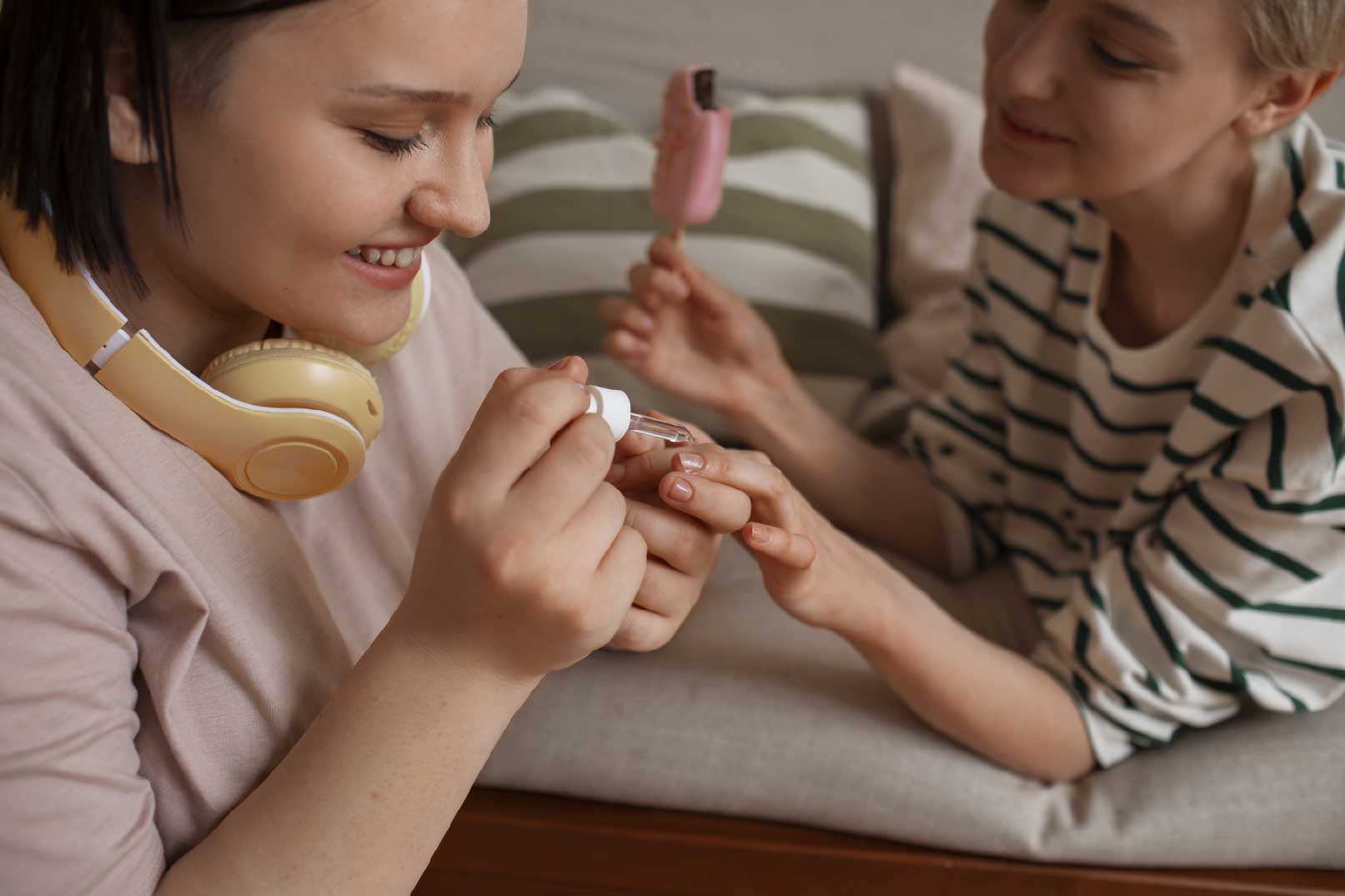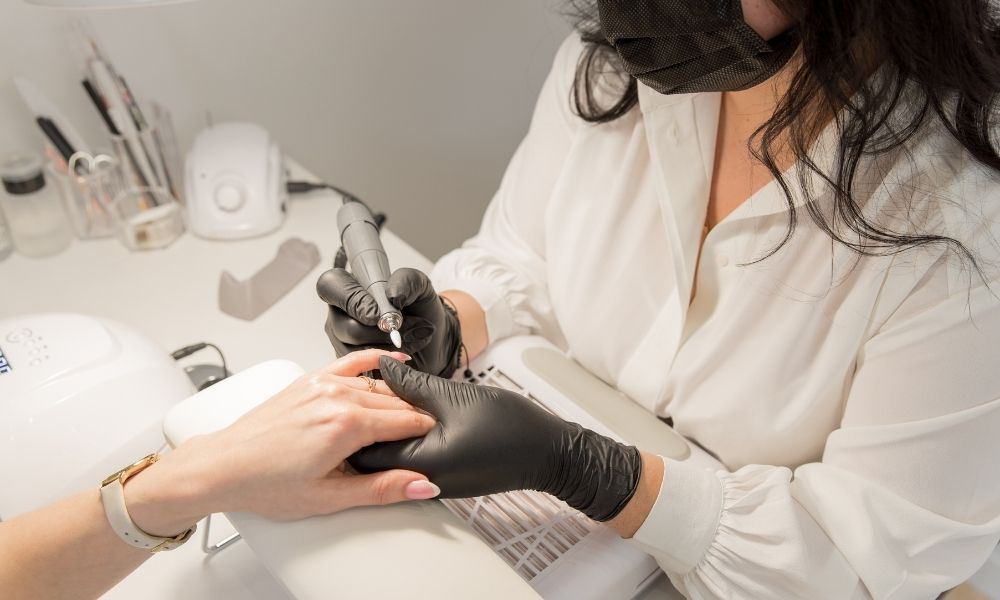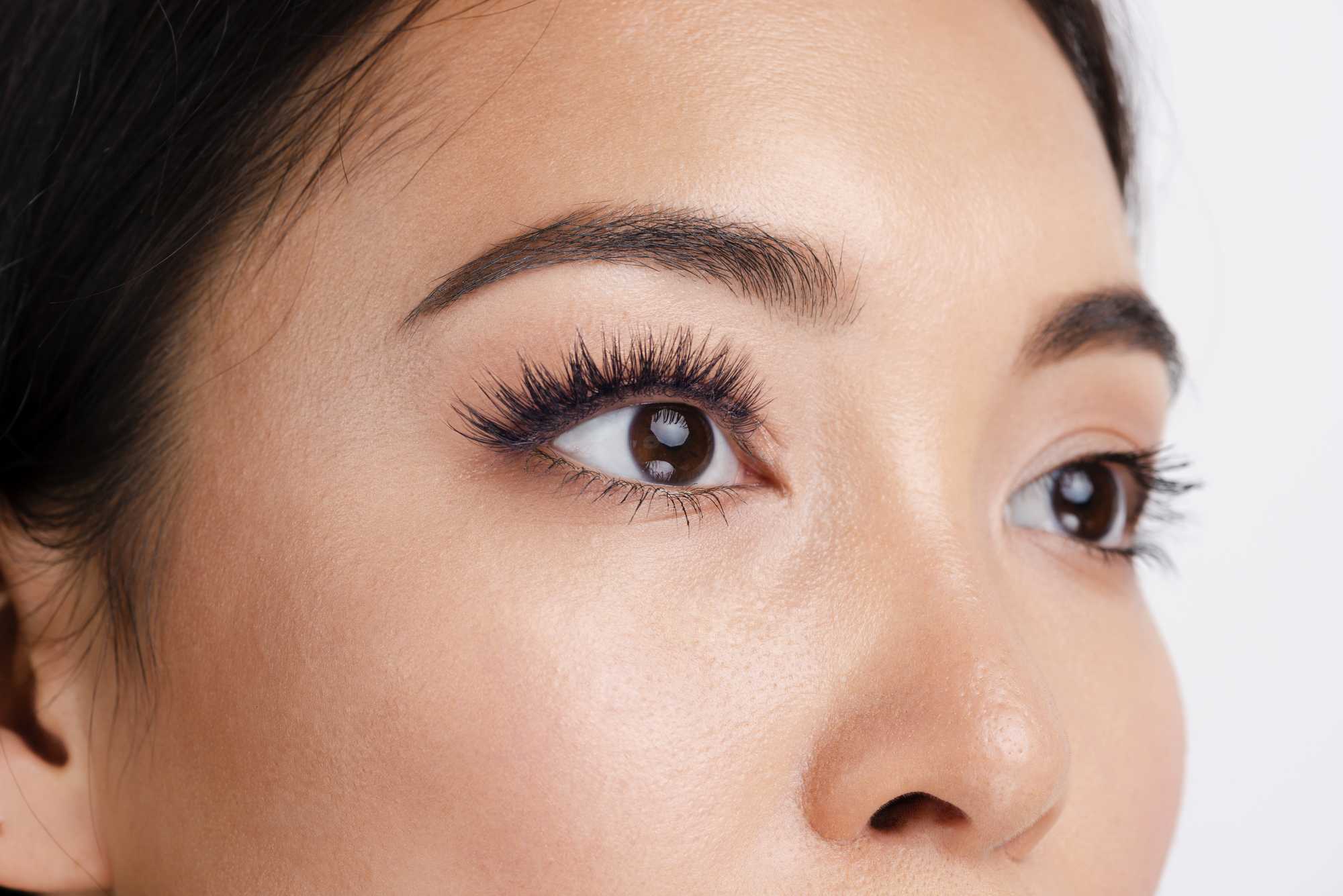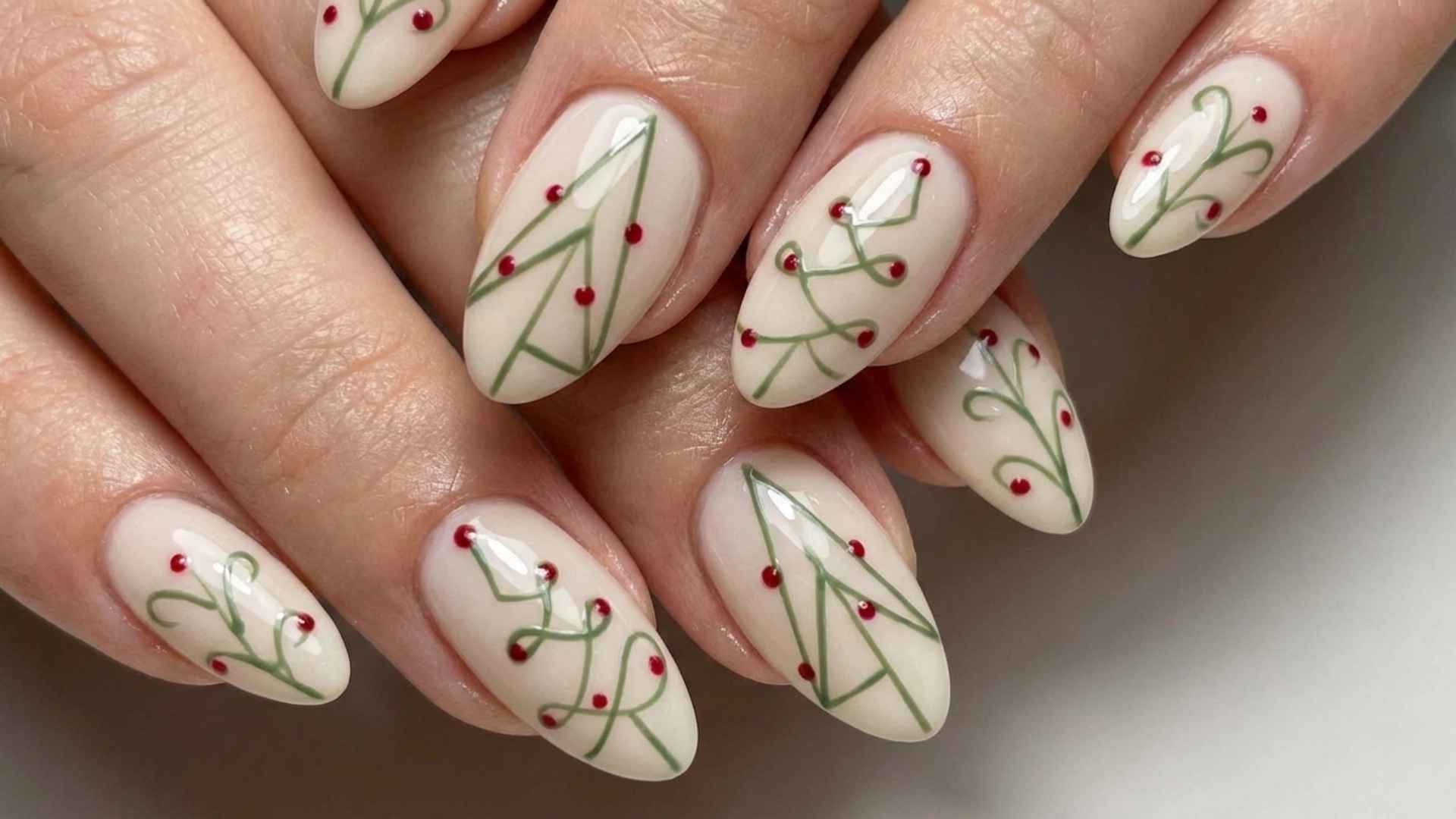
"Standing in front of the nail salon and confused about which type to choose? You're not alone."
In today's beauty world, nail enhancements come in many forms, and it can be overwhelming for beginners. Among the most popular are Gel, Polygel, and Acrylic nails—each with its own strengths, weaknesses, and application methods. Whether you're new to nail care or considering switching up your usual manicure routine, this guide will help you make an informed decision.
What is Gel? And Why is It So Popular?
Gel nails are a smooth, glossy coating cured under UV or LED light. Loved for their natural finish and durability, they are a favorite choice among many.
Pros of Gel Nails
Durability: Gel nails can last 2–3 weeks without chipping or breaking.
Natural Appearance: They provide a glossy, flexible finish that mimics real nails.
Low Odor: Unlike acrylic, gels have a faint or no chemical smell.
Variety: Available in many colors, finishes, and effects.
Cons of Gel Nails
Requires UV/LED Light: Needs special equipment to cure.
Removal Process: Must soak in acetone and be scraped off carefully.
Higher Cost: More expensive than regular polish.
Possible Allergic Reactions: Some people may react to chemicals in the gel.
What is Polygel? A Hybrid Innovation
Polygel combines the benefits of both acrylic and gel. It has a putty-like consistency and is shaped before curing with UV/LED light.
Pros of Polygel Nails
User-Friendly: Easier for beginners to mold and shape.
Low Odor: Much less smell than acrylic.
Strong Yet Flexible: More durable than traditional gel.
No Primer Needed: Gentler on the nails.
Cons of Polygel Nails
Requires Technique: Still needs practice to master shaping.
Special Tools Needed: Needs alcohol solution and a brush for application.
Expensive: Generally pricier than regular gel.
Limited Availability: Harder to find in local stores in some regions.
What is Acrylic? The Classic Powerhouse
Acrylic nails are created by mixing liquid monomer and acrylic powder, which hardens without light. Known for their strength, they’ve been around for decades.
Pros of Acrylic Nails
Maximum Strength: Ideal for those who need ultra-durable nails.
Long Extensions: Easier to create long, sculpted nails.
Budget-Friendly: Often the least expensive option.
No UV Light Needed: Air-dries naturally.
Highly Customizable: Great for 3D art and unique designs.
Cons of Acrylic Nails
Strong Odor: The chemicals can be overpowering.
Less Natural Look: Can appear thicker and more artificial.
Harsh Chemicals: Often requires strong primers that damage natural nails.
Difficult Removal: May cause damage if not removed properly.
Needs Skill: Not ideal for beginners.
Side-by-Side Comparison
| Feature | Gel | Polygel | Acrylic |
|---|---|---|---|
| Durability | Moderate | High | Very High |
| Application Ease | Easiest | Moderate | Hardest |
| Odor | Low | Very Low | Strong |
| Cost | Moderate | High | Low |
| Removal Difficulty | Medium | Medium-High | High |
| Tools Required | UV/LED Lamp | UV/LED + Brush | None (air-dry) |
Recommendations Based on Lifestyle
For Beginners Doing Nails at Home
Choose gel polish. It’s easy to apply, widely available, and forgiving for beginners.
For Stronger, Long-Lasting Results
Polygel offers strength with flexibility and is beginner-friendly with a bit of practice.
For Heavy-Duty Needs
Acrylics are the most durable, perfect for those who are hard on their hands or want extra-long nails.
Nail Care Tips After Application
Avoid using your nails as tools.
Wear gloves when doing housework.
Apply cuticle oil daily.
Check for cracks or lifting regularly.
Per Type:
Gel: Avoid oil-heavy creams, don’t peel when lifting.
Polygel: Moisturize often, avoid hard impact.
Acrylic: Get refills every 2–3 weeks, avoid soaking too long.
Warning Signs to Watch For
Thinning natural nails
Redness or allergic reaction
Pain or discomfort
Signs of infection (pus, odor)
Common Mistakes by Beginners
Skipping prep steps
Using low-quality products
Not reading instructions
Under-curing gel or polygel
Nail Trends for 2025
Colors: Beige, nude pink, and natural tones
Designs: Minimal lines, tiny dots, geometric shapes
Effects: Ice nails, glass shine, marble textures
Final Thoughts: Choose What Fits You
Whether you go with gel, polygel, or acrylic, the best choice depends on your lifestyle, experience, and aesthetic goals. Start simple, build your skills, and prioritize the health of your natural nails.





